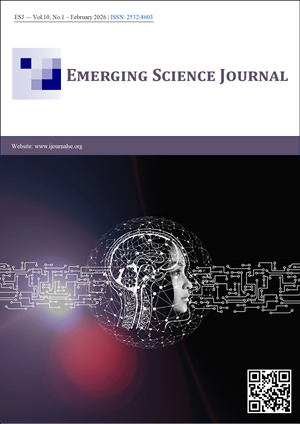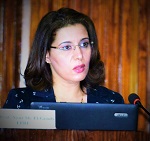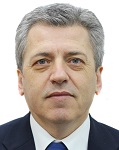Important Announcement: Beware of Hijack Websites and Fake Acceptance Letters
We want to bring to your attention a matter of utmost importance regarding the security of our online platform and potential scams that might affect you.
Issue: Hijack Websites and Fake Acceptance Letters
It has come to our notice that there are unauthorized websites claiming to be associated with Emerging Science Journal and sending out fraudulent acceptance letters. These websites are designed to deceive and can compromise your personal information and security.
Action Steps:
Verify Official Channels:
- Always access our official website through the verified domain [https://www.ijournalse.org].
- Any communication from Emerging Science Journal will come through official channels.
Verify Acceptance Letters:
- If you receive an acceptance letter, cross-verify it with our official communication channels or contact our customer support via email [office@ijournalse.org].




























